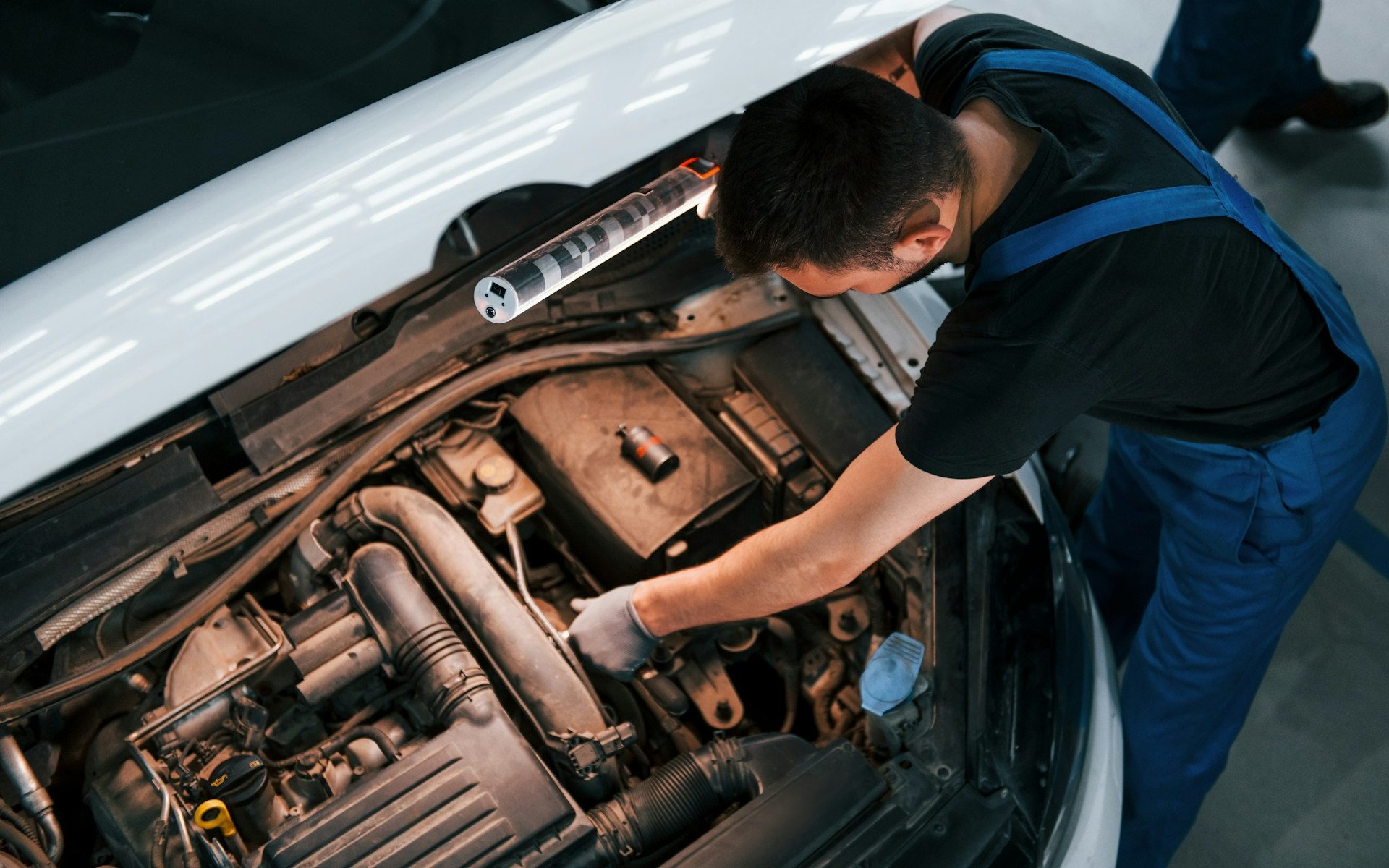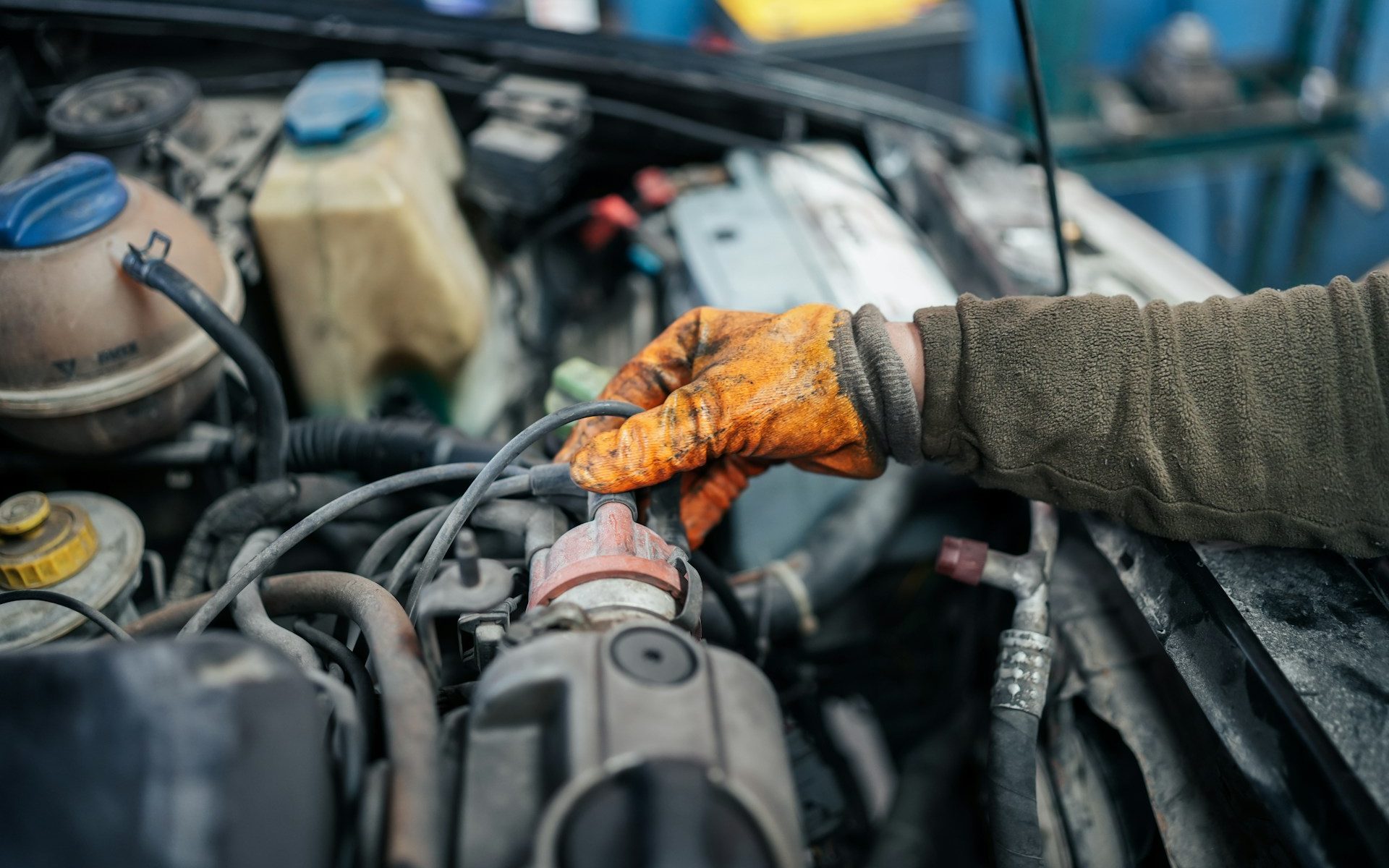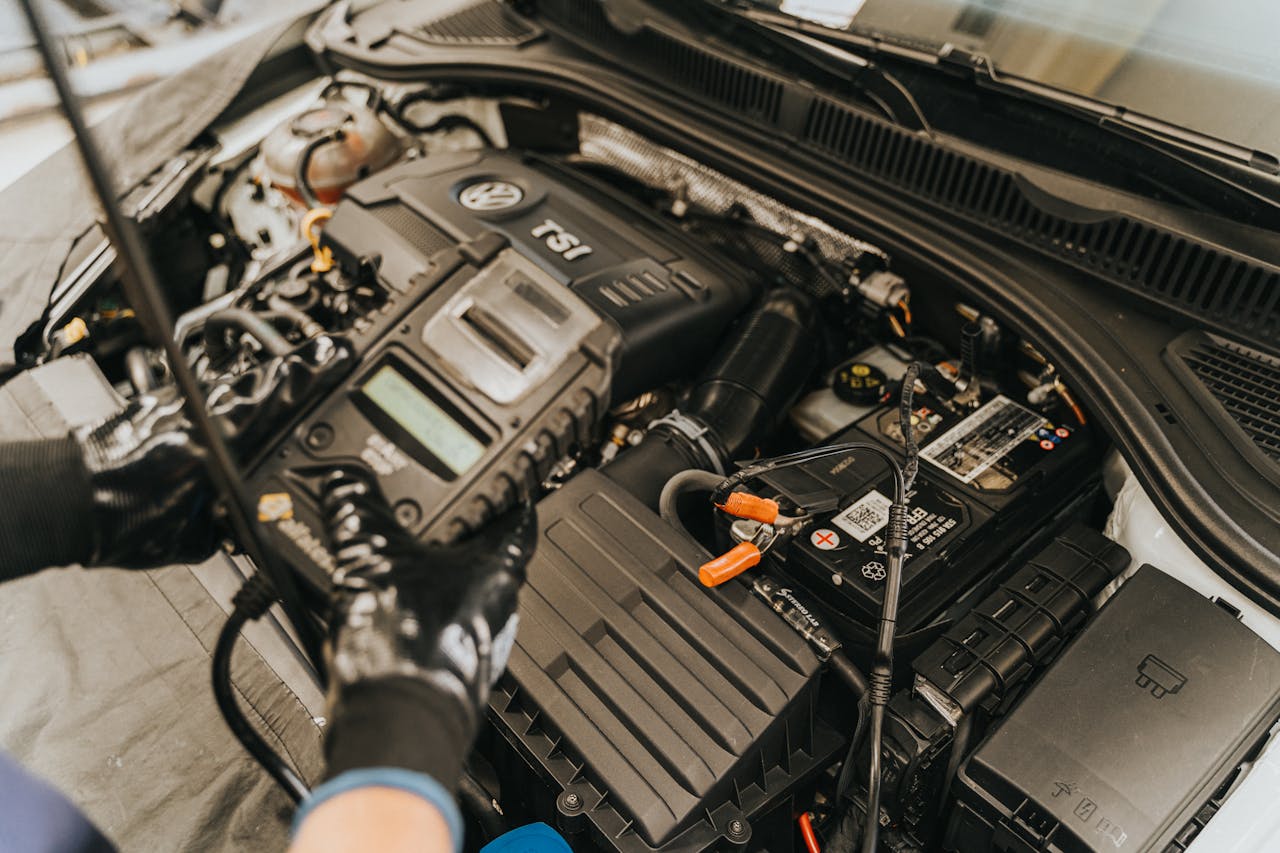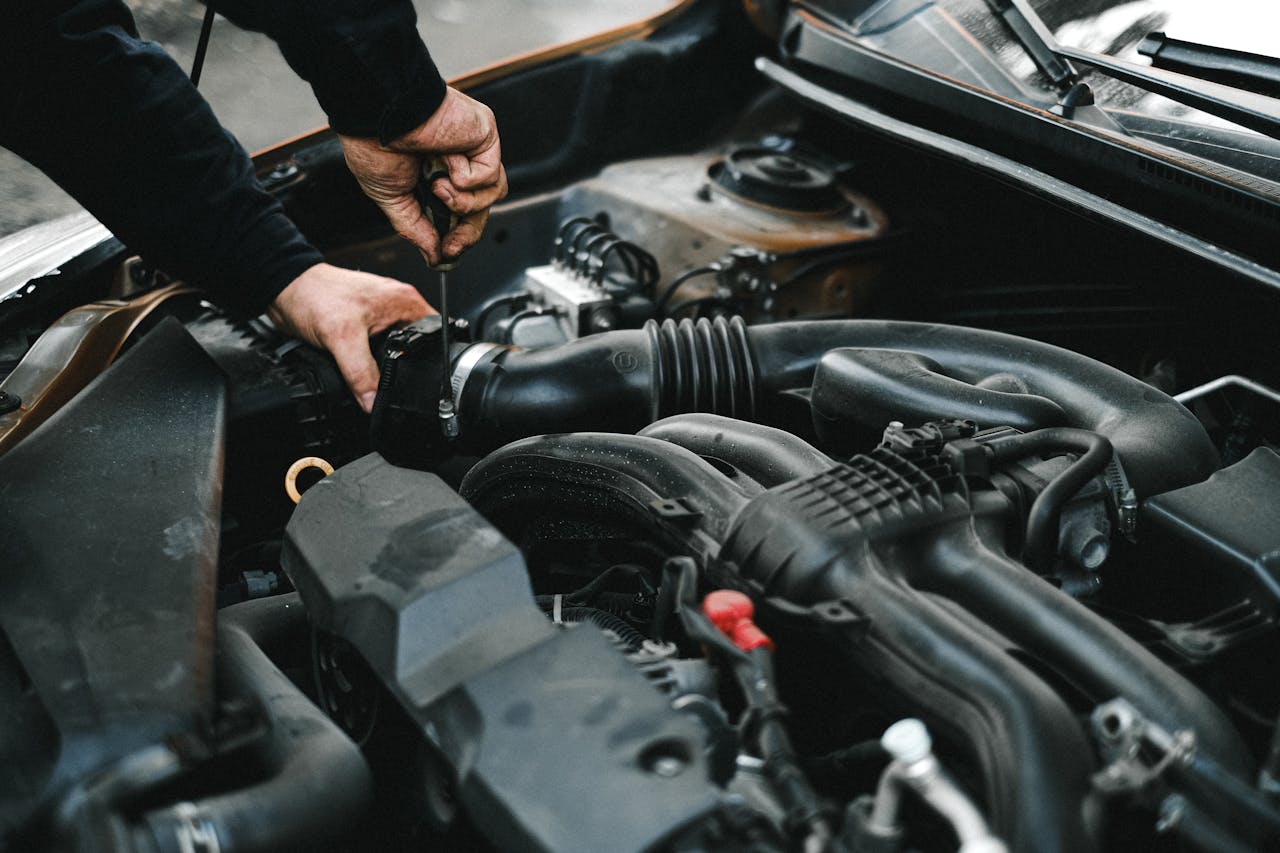If you have ever found yourself dealing with an unexpected car repair, especially during a colder spell, you’re not alone. Sudden drops in temperature often bring out the weak spots in older parts, making quick, practical solutions a priority. Finding used parts in Houston, Texas, can feel like a challenge if it’s your first time, but it does not have to be complicated.
With winter repairs showing up more often this time of year, knowing where to begin can make all the difference. That means understanding what kinds of parts are worth buying, how to match them to your vehicle, and how to avoid wasting time. Whether your heater stops working or your starter gives out on a cold morning, a used part might be the better option if you know how to find it.
Understanding How the Used Parts Market Works
Used parts come from vehicles that are no longer on the road but still have many working components. Just because a car is no longer drivable does not mean everything under the hood is worn out. Many of the parts inside are perfectly functional and can help another car stay running longer.
Local parts yards collect these vehicles and sort through them to find what is still usable. Some locations offer in-person browsing, while others manage their inventory through a website or phone support. Each place works a little differently, but they serve the same purpose, helping drivers find working parts without buying new every time.
Airline Auto Parts offers a searchable inventory online with detailed compatibility information for each part, making it easier to match and verify the part you need. Most used parts come with a standard warranty, so drivers can feel more confident about their purchase.
Knowing how that system works helps make decisions faster. When you understand where the part came from and whether it has been tested, you can feel more confident about using it. Asking about part history, mileage, or fit compatibility is smart, and it saves you money and time later on.
What to Check Before You Buy
Before you purchase any used part, it is important to make sure it really fits your vehicle. A part that looks right might still be off by a year or a trim level, which can cause more problems than solutions.
• Always match make, model, and year to avoid fitment issues
• Ask for the condition of the part and, if possible, details about the donor vehicle
• Some higher-value parts like transmissions may come with short warranties or returns, ask ahead
The more questions you ask upfront, the less likely you will need to return or swap parts later. Even small details matter when it comes to electronics or engine components. Be thorough the first time, and the rest usually falls into place.
Which Auto Parts Are Worth Getting Used
Not all car parts wear down at the same rate, and some used parts can hold value for years with no issue. Knowing what kinds of parts hold up well helps you choose where to spend and where to save.
• Electrical pieces like starters, alternators, and sensors are often reused without any drop in performance
• Mirrors, switches, handles, and interior trim are great finds if the donor car was not crashed on that side
• Items like engines and transmissions are worth considering if you get background details and they have been inspected
When buying used, it is about finding that balance between cost and confidence. Some parts wear down naturally, while others continue working just fine in a different vehicle. Focus on the ones with more consistent performance histories.
Cold Weather Recommendations for Houston Drivers
Winters in Houston do not bring snow often, but colder mornings still impact how your car runs. Some parts get weaker when temperatures dip, especially in older vehicles that haven’t had recent maintenance.
• Battery life shortens in the cold, and weaker units may stop working
• Ignition-related parts like starters or spark plugs may quit after one too many hard starts
• Heater parts such as blower motors or cores suddenly become important when temperatures drop
We also see problems with wiper motors, power windows, or door locks after a cold front. Sometimes moisture sneaks into the components, then freezes overnight. The symptoms usually show up fast, a door will not unlock or a window will not roll down. Used parts can usually solve those issues in a day without needing backorders.
When Used Parts Make the Most Sense
Some car repairs just cannot wait. If your starter goes bad or your heater dies mid-week, new parts might take too long to ship. That is when used parts quickly become the better choice.
• They are often available same-day, which gets you back behind the wheel faster
• For older cars, they provide a smarter option without spending the full price on brand-new parts
• Traffic and long commutes across Houston make reliable repairs more urgent during winter
It makes sense from a practical standpoint too. If your car is already higher in mileage, using recycled parts helps stretch its useful life without walking away from your budget. It gives you reliable fixes without overcommitting.
Starting Smart Means Staying on the Road
Quick fixes during winter do not have to feel rushed or stressful. When you start with the right information, it’s easier to know which parts to trust and where to find them.
In Houston, weather shifts suddenly. Colder mornings put pressure on parts that were already on their way out. Planning ahead and staying aware of which components fail most often during winter can keep you from getting stranded.
Airline Auto Parts is known as a leading recycled auto parts supplier in the Greater Houston area, providing a wide variety of compatible parts for most makes and models. Our experienced team can guide customers to the right replacement, helping keep Houston drivers on the road through every season.
Looking into used parts before you are in an emergency saves time and hassle. It lets you handle problems fast when they show up, without overpaying or waiting days for delivery.
Looking for the best way to keep your car running smoothly during Houston’s colder months without breaking the bank? Discover reliable used parts in Houston, Texas, at Airline Auto Parts, where compatibility and quality are always a priority. Our knowledgeable team is ready to help you find the perfect part so you can stay safe and on the road. Explore our extensive inventory today to find solutions that fit both your needs and budget.



















